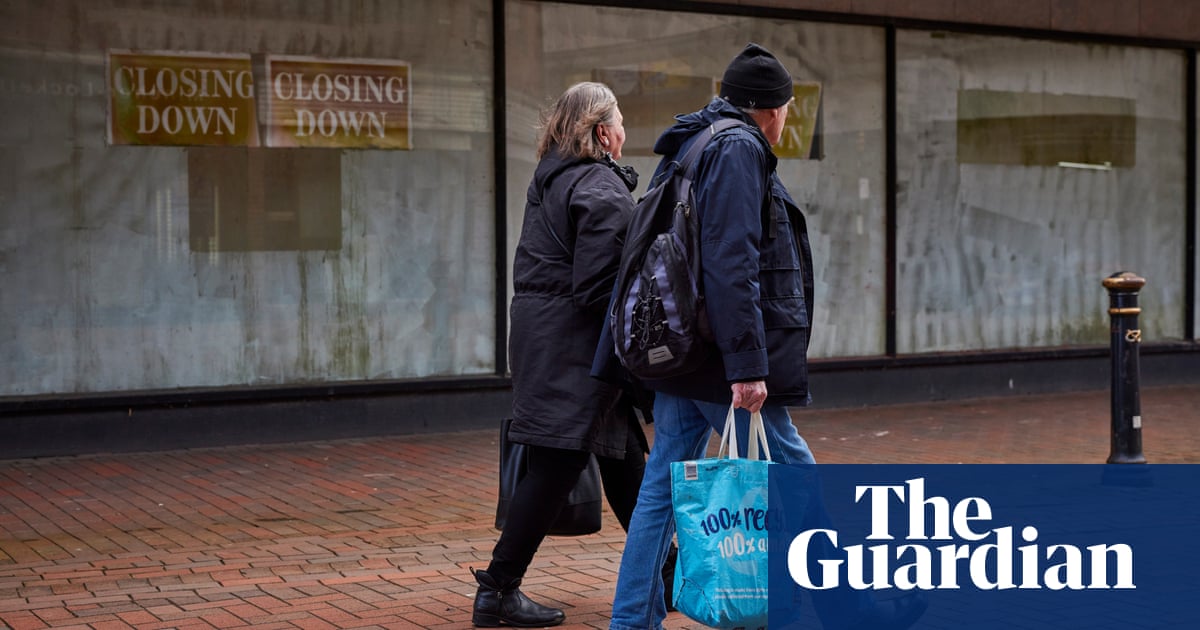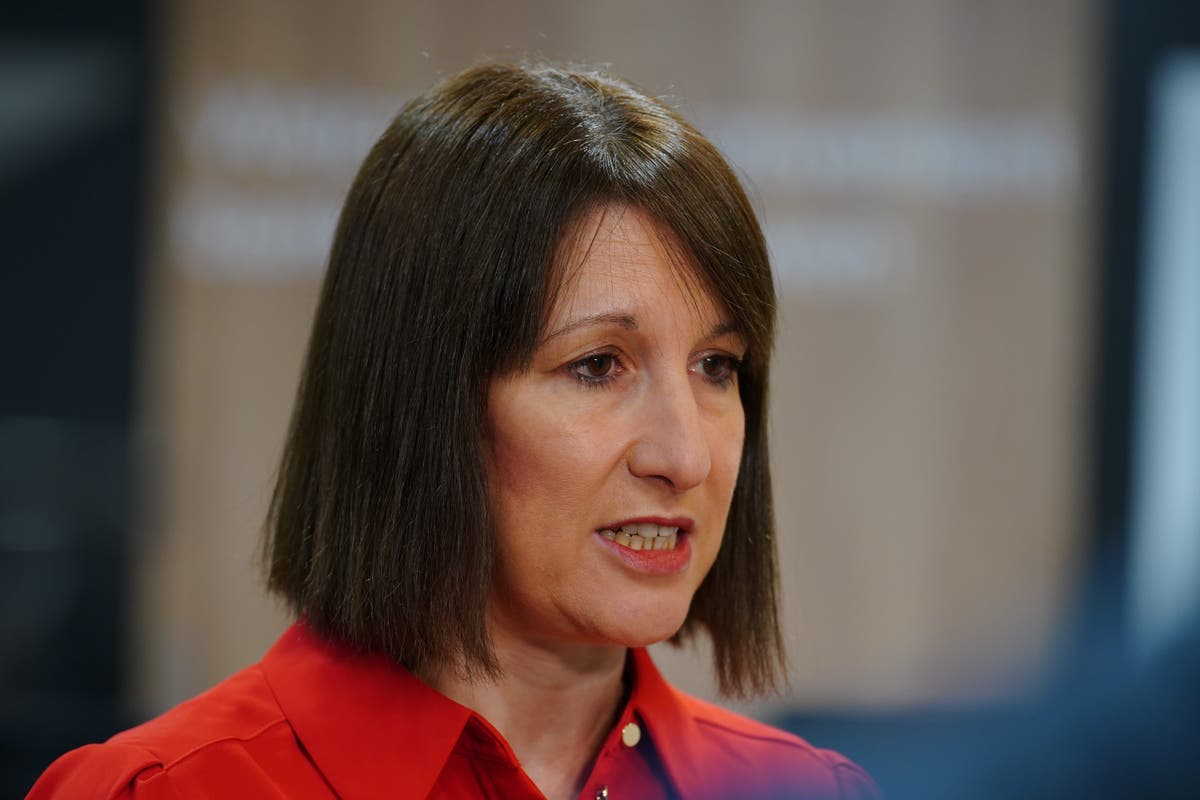Falling inflation, football and fake tan fuel UK retail spending

- by Admin
- July 16, 2024

Falling inflation, football fans and fake tan drove supermarket shopping in recent weeks, when improving consumer confidence and excitement around the men’s Euros tournament were only slightly dampened by wet weather.
Sales at supermarkets increased by 2.2% year on year over the four weeks to 7 July, with football fans driving up purchases of beers, crisps and snacks on match days.
Grocery price inflation has fallen to 1.6% this month from June’s 2.1%, marking the lowest level since September 2021, according to retail analysts Kantar. That drop coincided with the fastest rise in monthly footfall so far this year, with Britons making 2% more trips to the supermarket than a year earlier.
Excitement built as England made it to the Euros final, but were beaten by Spain 2-1 on Sunday night, dashing hopes of an end to 58 years without a major trophy.
Fraser McKevitt, head of retail and consumer insight at Kantar, said: “England’s hopes might have been dashed on Sunday, but there was still some cause for celebration in the grocery industry.
“Football fans drove beer sales up by an average of 13% on the days that the England men’s team played, compared with the same day during the previous week.”
With most England matches played on “school nights”, many people opted for no or low-alcohol beer, with sales up by 38% on match days.
The soggy summer weather boosted sales of artificial tan by 16%, while cold and flu medicine sales jumped by 35%, and dampened demand for sun cream, with sales down 10% compared with last year, when the UK enjoyed the warmest June on record.
During the cost of living crisis consumers have switched to supermarkets’ cheaper own-label items but this trend has now reversed, with sales of branded products rising by 3.6%, outpacing own-label groceries at 2.7%.
Before the king’s speech on Wednesday, which will set out the newly elected government’s legislative agenda for grocers and other sectors, McKevitt said: “The retail landscape looks very different from 2010 when the last Labour government was in power – and so do our shopping trolleys.
“As diets have evolved, sales of popcorn, peanut butter and chilled vegetarian products, such as sausages and grills, have more than trebled. We’re also more likely to have premium ground and bean coffee in our cups now.”
after newsletter promotion
Ocado was the fastest-growing grocer for the fifth month in a row, with sales up by 10.7% over the 12 weeks to 7 July giving it a 1.8% market share.
The discounter Lidl posted a 7.8% jump in sales, bringing its share of the market to 8.1%, while fellow budget retailer Aldi’s market share is 10%.
Waitrose gained market share for the first time since January 2022, edging 0.1 percentage point higher to 4.5%, as spending at the upmarket grocer increased by 3.3%.
Britain’s largest supermarket chain, Tesco, achieved its biggest gain in share since November 2021, taking 27.7% of the market, a 0.7 percentage point increase compared with last year.
The Latest News
-
December 23, 2024Christmas shopping from a more civilised age! As Britain is gripped by festive getaway chaos and a looming recession, how the country used to get its last-minute purchases done in style
-
December 23, 2024On board with the pilots doing one of Britain’s toughest jobs
-
December 23, 2024Christmas Travel LIVE: Traffic chaos on motorways while flights cancelled
-
December 23, 2024UK economy stagnates as GDP figures revised down
-
December 23, 2024Donald Trump taps ‘Apprentice’ producer as special envoy to UK





